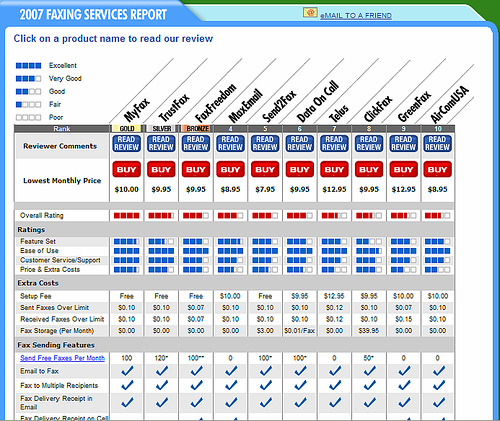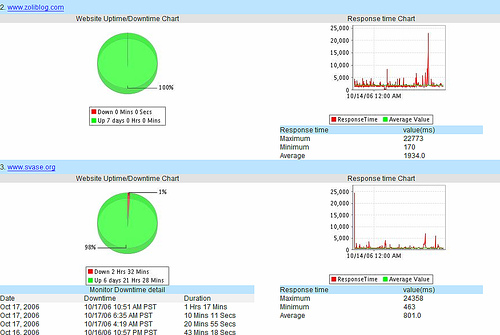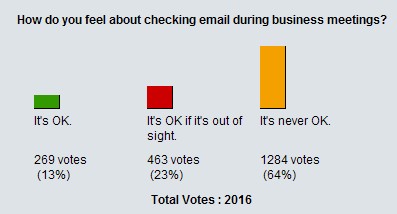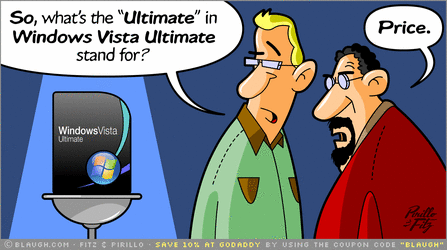Without much fanfare Gmail’s Mail Fetcher service now appears to be available on Google Apps for Domain accounts. Google also lifted the restriction of not allowing to fetch mail from other gmail accounts (although Help does not indicate it yet).
This is pretty significant: if you’re like me, you may have opened several gmail accounts, and as the gmail service matured, you may have realized that with all the labels, search, etc. you really are better off consolidating all those into one (OK, two ) accounts. Now it’s possible; in fact while I’m typing this, Mail Fetcher is happily consolidating my Gmail accounts. Of course the beauty of the process that for the first time my PC isn’t brought to a death-crawl while doing such housekeeping chores: it’s all happening in the cloud!
) accounts. Now it’s possible; in fact while I’m typing this, Mail Fetcher is happily consolidating my Gmail accounts. Of course the beauty of the process that for the first time my PC isn’t brought to a death-crawl while doing such housekeeping chores: it’s all happening in the cloud!
And a bonus: if you – like me – had already created a gmail archive of all your past email using the Thunderbird redirect trick, you probably noticed that gmail displayed the forward date, not the original send date. Mail fetcher now fixes all that – random checking now shows emails from 1997 in my archive.
Happy Fetching!
Update: Fetching is a slow process… at this rate it will be days or weeks. Apparently the more it fetches, the more remains (and I know the real number is in the thousands):
- Mon, Mar 19, 2007 at 5:27 PM 200 mails fetched. 267 mails remaining.
- Mon, Mar 19, 2007 at 4:27 PM 200 mails fetched. 235 mails remaining.
- Mon, Mar 19, 2007 at 3:26 PM 200 mails fetched. 225 mails remaining.
- Mon, Mar 19, 2007 at 1:53 PM 200 mails fetched. 155 mails remaining.
- Mon, Mar 19, 2007 at 12:29 PM 200 mails fetched. 123 mails remaining.



 I suppose starting from scratch with an empty data file speeds up Outlook…
I suppose starting from scratch with an empty data file speeds up Outlook… also charges a fee.
also charges a fee. 

 Adventnet is not a startup by any means: they have been in business for ten years, organically growing to 600+ employees and millions of dollars in revenue (without outside investment).
Adventnet is not a startup by any means: they have been in business for ten years, organically growing to 600+ employees and millions of dollars in revenue (without outside investment).






Recent Comments